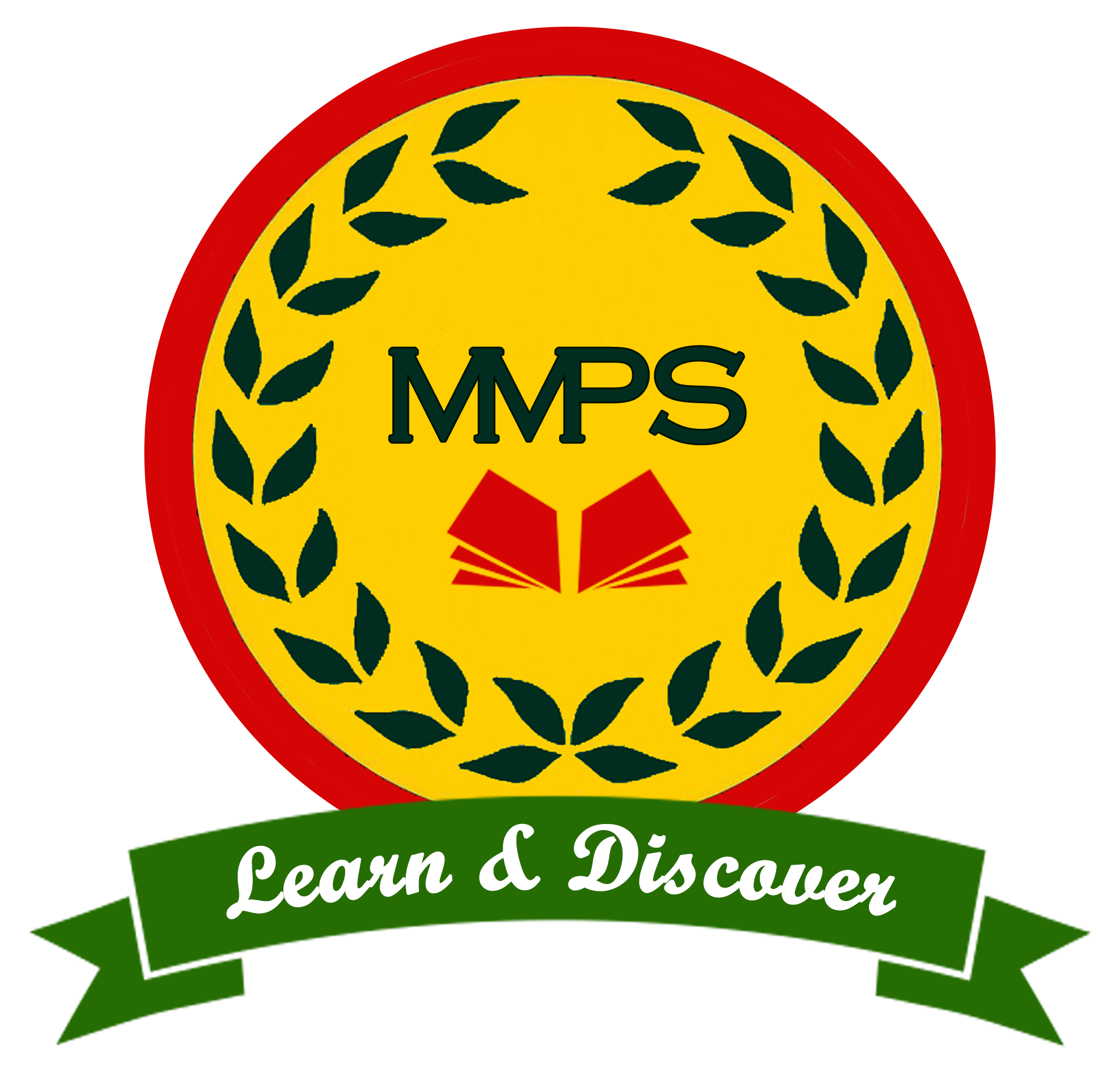Best School – Maria Montessori public school
Learning How to Think
The Maria Montessori public school offers an unparalleled opportunity for the ongoing development of your child who has been nurtured in the Primary program. He/She is entering a new period in his/her life; this imaginative, social, creative child needs a planned environment and expansive course of study to support his burgeoning independence and potential. The Montessori Elementary program, for children between the ages of three to ten, is designed to meet the needs of your child in this phase of development. This experience will shape not only his knowledge and skills, but also his attitude about learning for the rest of his life.
The Montessori programme is built on the foundations of the primary knowledge.When your 3 years old ward comes into the Montessori class, He/she will find much that is familiar in this new setting. The classroom environment is beautiful and thoughtfully prepared to support independent learning; it is child-centered, not adult-centered. There is access to the outdoors and the kinds of learning that can only take place in nature. Many of the beautiful Montessori materials in the classrooms are also found , where your child will use them in new ways suited to his /her expanding mind, and make her own discoveries in language, math, and science. Perhaps most importantly, the other children in the class have a similar background of being treated with respect and support, and have developed into confident, competent students.
The goal of a traditional curriculum is to delineate what a child is supposed to learn. In Montessori, we want your child to be able to learn everything! The starting point for all courses of study is the “Great Lessons”; these impressionistic and scientific stories are presented every year and give the students the “big picture” of cosmology, astronomy, earth science, geography, chemistry, physics, biology, history, anthropology, cultural and social studies, language, math, music, and art. Subsequent lessons offer the children keys for exploring these areas of human knowledge in more detail. As in the primary, the lessons are starting points for your child’s own activity. Meaningful learning happens when children are inspired by a lesson and begin to explore the subject and work on their own,
In the Primary classroom, your child was best able to concentrate when working parallel to his peers, each with her own activity. Elementary children, however, are at a different stage of development and have a strong drive to be social and to collaborate. For this reason, most of the lessons and follow-up projects in primary level are done in pairs or groups of children. Each day, your child will practice the social skills necessary to plan and carry out his projects: delegation and division of labor, sharing resources, making group decisions, taking responsibility for actions, and celebrating the success of peers. Conflict is not uncommon, but the motivation to resolve it comes from the children and their engagement with their projects. The Montessori teacher models and supports constructive and respectful problem solving. Learning how to work well with the different personalities and characteristics of other children in the classroom community is a significant life lesson with practical applications in the “real world” of high school, and the professional workplace of the future.


Hi, very nice website, cheers!
——————————————————
Need cheap and reliable hosting? Our shared plans start at $10 for an year and VPS plans for $6/Mo.
——————————————————
Check here: https://www.reliable-webhosting.com/
Education and development both are compliment for human being.